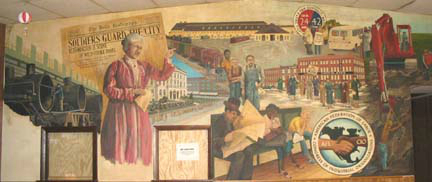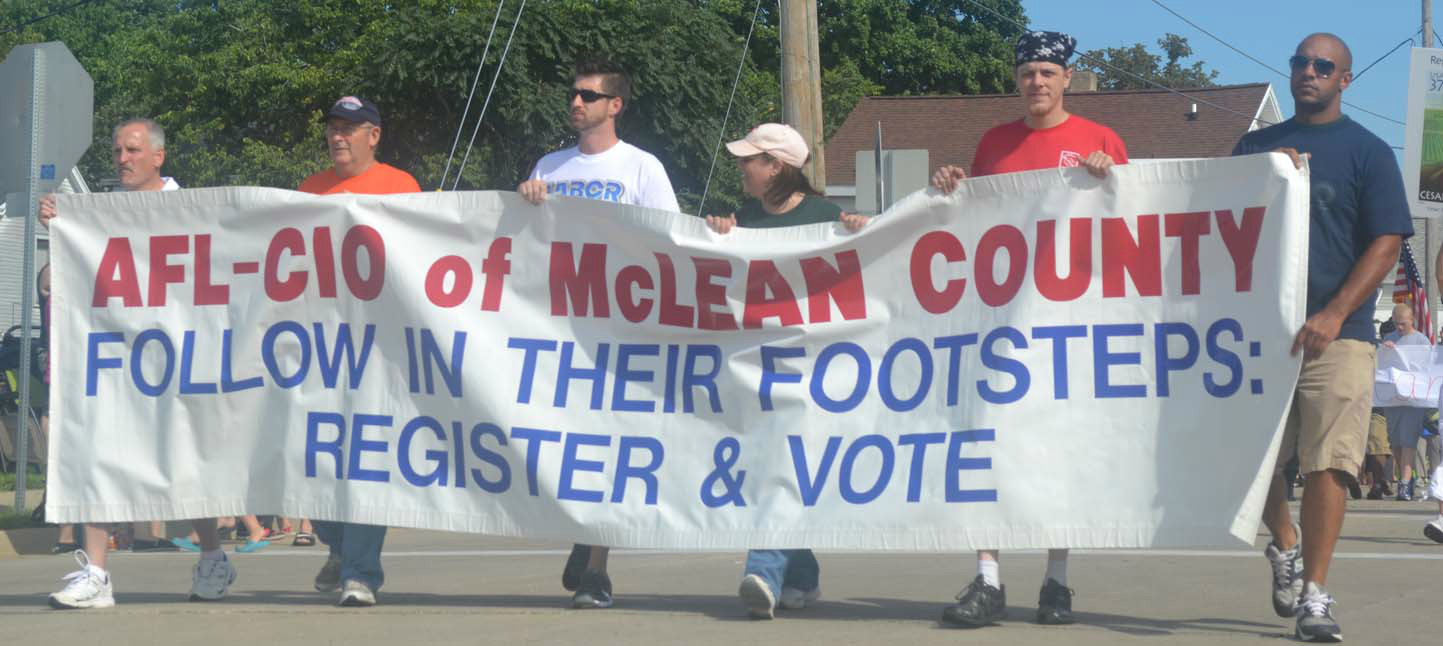|
The Illinois Workers’ Compensation Act is every Republican’s favorite scapegoat. Governor Bruce Rauner is no different, but he has taken it to another level. Rauner has made the political calculation that he can hold the state budget hostage until lawmakers – specifically, Democrat lawmakers – pay a “ransom” of law changes that make it harder for legitimately injured workers to receive the medical treatment and other benefits they need to get back on their feet and back to work.
But just as he chooses find the cloud around every silver lining when the truth doesn’t support his anti-middle class, anti-worker agenda, Rauner consistently ignores undeniably good news about Illinois’ workers’ comp system.
Illinois’ workers’ comp law represents a 100 year-old compromise. Workers injured on the job before the law passed faced a long and uncertain road to recuperation. Unable to work, they lost all income leaving them unable to put food on the table or keep a roof over their heads, let alone pay the medical treatment needed to get healthy and return to work. Many workers ended up in poverty as a result of their injuries.
Their only option was suing their employer in court. Success was uncertain, but when found it could be significant enough to bankrupt the company.
In this compromise, injured workers gave up their right to sue their employer in return for treatment for their injuries and a partial wage while unable to work. Employers benefitted from knowing that a workplace accident wouldn’t drive them out of business.
Today, 99.9 percent of Illinois employers pay injured workers’ benefits by acquiring insurance. So when Bruce Rauner complains about Illinois’ workers’ comp costs he is really complaining about the price insurance companies are charging Illinois employers.
And insurance companies deserve every bit of criticism they get.
In 2011, legislators passed a series of law changes that cut the benefits workers receive for their injuries and cut the fees paid to doctors and hospitals by a whopping 30 percent. As a result, the benefits that insurers pay to injured workers and medical providers have been plummeting.
The average workers’ comp medical bill in Illinois – which represent nearly half of all comp payouts – is now 23 percent lower than in neighboring Indiana, 18 percent lower than Wisconsin and 10 percent lower than Iowa.
This has helped lead to a 29 percent reduction in insurance rates in Illinois, including the second largest drop in the nation for 2017.
The real problem with Illinois law is that the 29 percent reduction is only a recommendation; insurers don’t have to follow it. In fact, only 61 cents of every dollar collected in workers’ comp insurance premiums is used to pay injured workers’ benefits. It’s no surprise, then, that insurer profits are up 3600% since 2011.
That’s why Illinois Democrats are fighting to have Illinois follow the lead of 25 other states (including neighboring Indiana, Wisconsin and Iowa) and rein in the insurance industry.
The state should review insurers who don’t follow recommended rate cuts. Employers should be given the ability to challenge excessive premiums. And, Illinois should do what 27 other states do: inject some added competition into our workers’ comp system by creating a public-private partnership to compete with the big insurance companies and give Illinois employers a real choice – and real savings – on their insurance needs.
by Sean Stott, Director of Governmental Affairs, LiUNA – Midwest Region, @LIUNAmidwest
|



